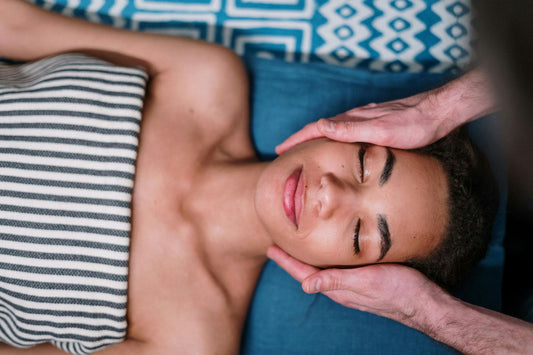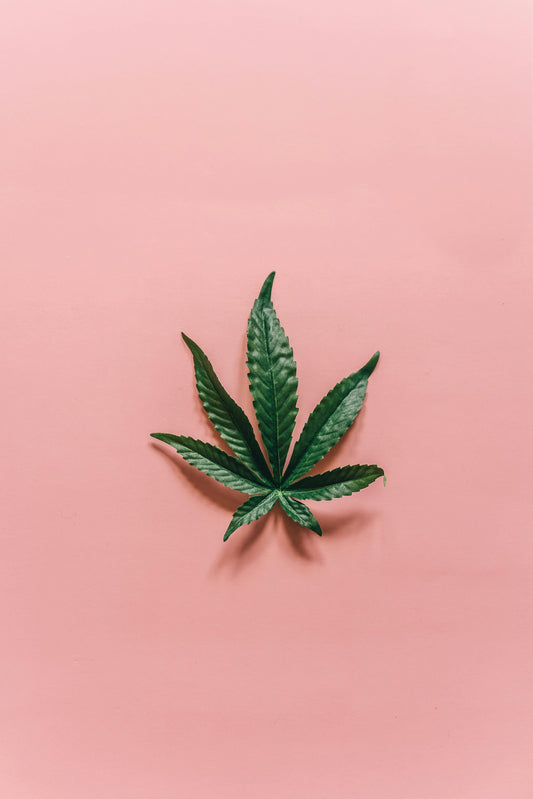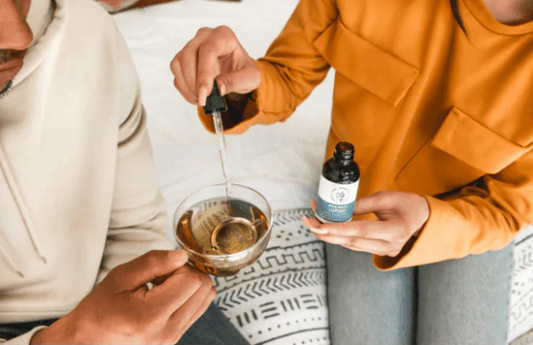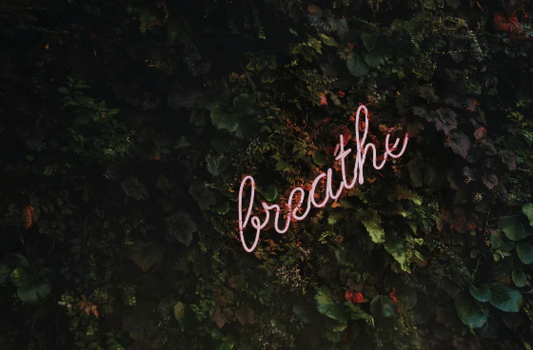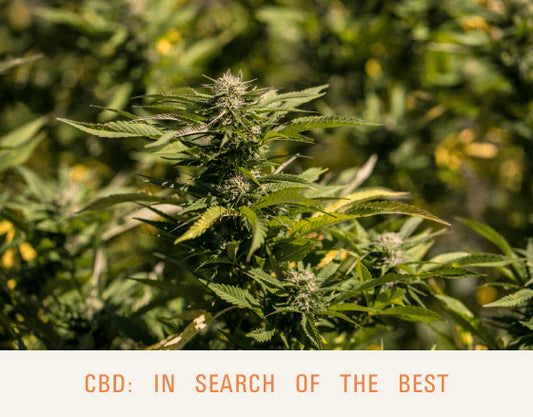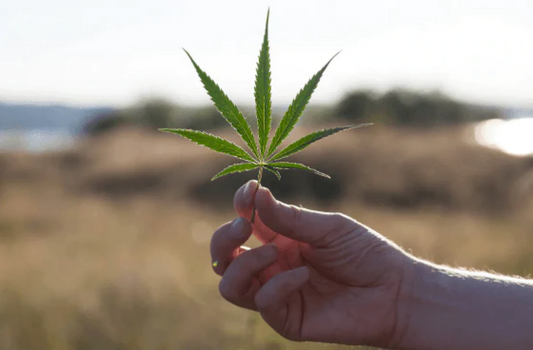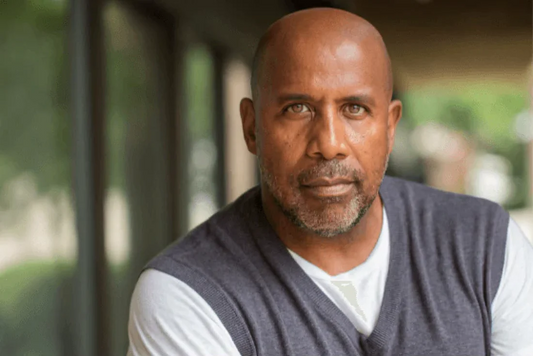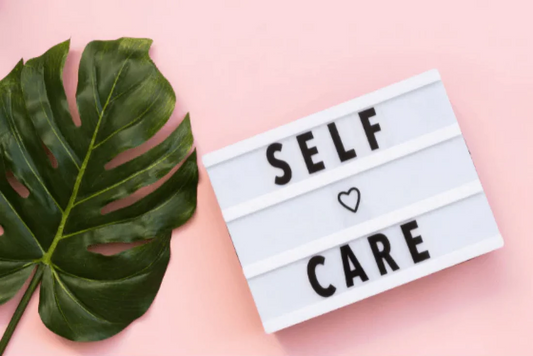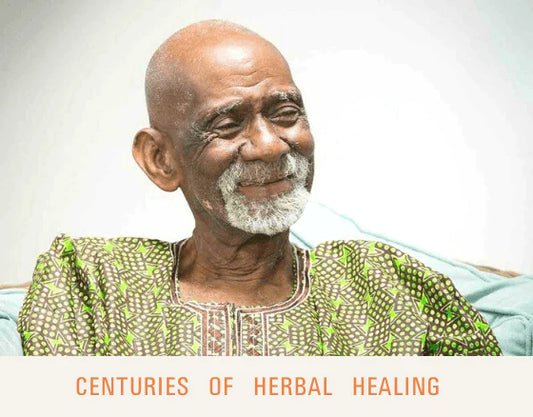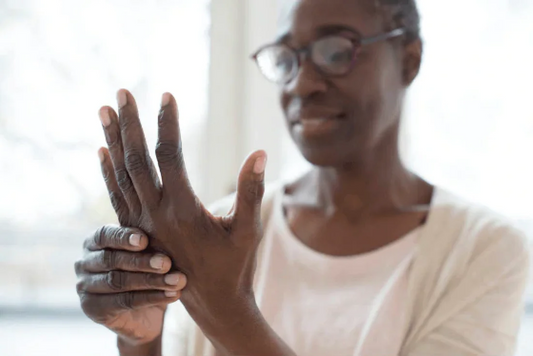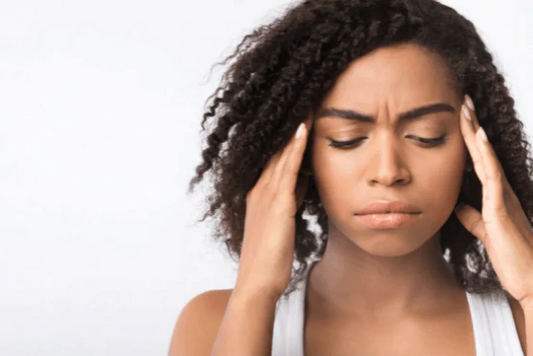Insomnia is the world’s most common sleep disorder, and it’s getting worse. Over 20% of adults now struggle to get to sleep - nearly double over the past decade! Being awake all night, every night is devastating for your health. Refresh your sleeping patterns with simple strategies to improve the quality and duration of your slumber.
Drift off to sleep more easily with the help of hemp-CBD and give your body the break it needs.
Full-Spectrum CBD reduces pain and inflammation, promoting calm and relaxed tranquility – supporting you to sleep soundly at night.
What is Insomnia?
Insomnia means “without sleep.” The deprivation can last a few nights and resolve itself, or last for months or years, debilitating your long-term health.
“If ten people go to sleep, not all close their eyes at the same time.” - Dr. Sebi
Insomnia is characterized by:
- Difficulty getting to sleep or staying asleep
- Disturbed sleep or feel like you’ve not slept
- Waking up too early and unable to get back to sleep
During the daytime, insomniacs suffer from fatigue, low energy, difficulty focusing, reduced strength, and coordination problems. Insomniacs also have an increased risk of depression and anxiety because the body and mind wear out due to the lack of rejuvenation and replenishment time.
We need sleep to maintain health, it’s not optional. If you’re not getting enough sleep then your self-healing will be compromised.
Up All Night
At bedtime, insomniacs often get anxious about not being able to sleep, making the problem even worse. The stress hormones divert blood and oxygen away from the neocortex (rational thinking brain) towards the more instinctive regions that manage our survival responses.
The survival stress response will not allow the body to fall asleep peacefully. Muscles remain rigid and the mind is hyper-vigilant, nervously looking out for potential problems. The stressed brain state looks for things to worry about and keeps you awake at night!
Hormones of the stress response increase heart rate and blood pressure and over-stimulate the brain, making sleep virtually impossible. Calming the body physically is critical to sleep; this is why CBD is such an effective sleep aid - it operates via the naturally sleep-inducing endocannabinoid system.
When insomniacs do finally get to sleep, the stress hormones have burned through the brain’s energy supply. This makes insomniacs wake up feeling tired and unrested; perpetuating a vicious cycle of sleeplessness.
Causes of Insomnia
Dr. Sebi taught us that the brain needs oxygen to sleep. Inflammation and mucus restrict the flow of oxygen, adding to the biological stress making the brain hyper-vigilant, and sleep difficult. Hemp-CBD reduces inflammation and increases relaxation, making sleep more likely.
Poor sleep habits increase the risk of insomnia and make the cycle of sleep deprivation harder to resolve:
- Going to bed or waking up at very different times
- Staying up or waking up excessively late
- Using a smartphone, laptop, or other devices in bed
- Overstimulation before bed (video games, movies)
- Eating less than 2 hours before going to bed
- Excessive light, blue-light, or noisy bedroom
- A room temperature that’s too hot or cold
- Working night shift or irregular shift work
Six Sleepy Steps
Sleep more easily and wake up feeling refreshed by applying these principles:
1) Schedule
Our bodies and minds thrive on routine. Going to bed at different times alters our circadian rhythm; this disrupts the release of the hormones that help you sleep. Having a consistent bedtime balances the hormones that help you get to sleep, and get up in the morning.
2) Light
Your body mistakes the blue light from smartphones, TVs and laptops for daylight. The blue-light makes your brain stay alert when it should be winding down. Keep devices out of the bedroom – save your boudoir for sleeping and sex (which is naturally relaxing and also activates the endocannabinoid system). Getting up to see dawn and spending time in sunlight also keeps you aligned to the natural world.
3) Eat Early
Digestion takes up a lot of the energy that your body would otherwise use for restorative processes during sleep. Eat lighter meals that are easier to digest in the evening and consider walking off dinner to help you wind down. Enjoy a soothing cup of Stress Relief Tea in the evening to reduce stress and relax your muscles into a peaceful sleep.
4) Movement
Gentle exercise helps both the body and mind to relax. A lack of exercise leads to excess evening energy, which will keep you up at night. Exercise reduces the risk of insomnia and releases feel-good neurotransmitters that neutralize the brain’s stress hormones.
5) Environment
Make your bedroom a relaxing place to be - dark, cool and quiet. Your brain needs to be in darkness to produce hormones that make you sleep, so make sure your curtains block out the light. Ensure the temperature is cool enough for you to fall asleep - 60 to 67 oF is optimal. Block intrusive noise from outside with a white noise generator, relaxing bedtime music, or earplugs.
6) Wind Down Gently
Prep your body and mind for bedtime with a late-night ritual. Start to reduce (or filter) artificial light after dusk. Undertake relaxing activities that calm your nervous system for 45 minutes before going to bed. Reading, relaxing music, journaling or meditating are great ways to unwind.
Restoring Health
Sleep is critical for health and a few simple adjustments can quickly help you achieve deep restorative sleep. Follow the six sleepy steps and you’ll be asleep in no time at all.
Create an enjoyable bedtime routine and let CBD help you drift off more easily. Full-Spectrum Hemp CBD provides an immediate neurochemical boost to your mental clarity and emotional stability; promoting feelings of tranquility while reducing anxiety and psychological causes of insomnia.
Hemp-CBD helps your body relax, and your mind let go, so you can heal in your sleep.
Don’t lose sleep over insomnia, trust the healing power of herbal hemp to ease you into enjoyably sweet dreams. Let light, nature, and some self-nurture restore your healthy relationship with sleep.

